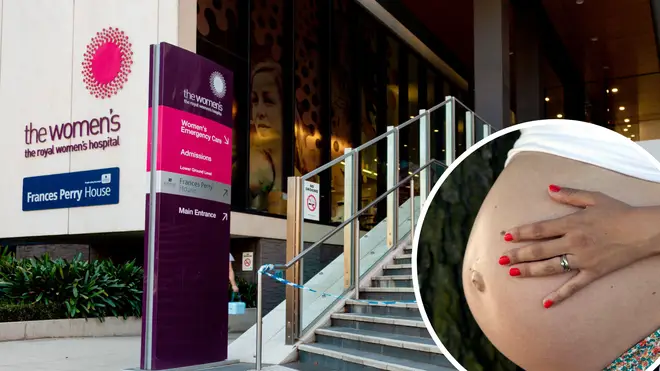
Nick Abbot 12am - 1am
19 September 2023, 10:52 | Updated: 19 September 2023, 11:01

An Australian father tried to sue the Royal Women's Hospital in Melbourne for £520 million after witnessing his wife’s caesarean, claiming that the sight led to the "breakdown of his marriage".
Anil Koppula stated that witnessing his wife’s "internal organs and blood" in January 2018 triggered a "psychotic illness" that resulted in the "breakdown of his marriage".
He attempted to sue the Royal Women’s Hospital in Melbourne for £520,000 (one billion Australian dollars), alleging that they breached their "duty of care" to him.
The father chose to represent himself in court.
Read more: Australian wildfire danger sparks fire ban in Sydney and closes schools

Court documents stated that Mr Koppula "alleges that he was encouraged or permitted to observe the delivery, and in the course of doing so, he saw his wife’s internal organs and blood".
He claimed that the hospital breached its duty of care toward him and is therefore liable to pay damages.
The hospital submitted an application to have the case dismissed, which was accepted by Justice James Gordon, who ruled that the claim was an "abuse of process".
According to Britain's Birth Trauma Association, approximately one in 20 women develop post-traumatic stress disorder (PTSD) after a difficult birth, such as an emergency caesarean.
PTSD symptoms include "flashbacks, nightmares, and extreme anxiety that make daily life immensely challenging".
A 2004 article published in the International Journal of Obstetric Anesthesia argued that partners of those who underwent traumatic births can also experience "significant trauma."
However, it is rarer for partners watching caesareans to suffer from distress.